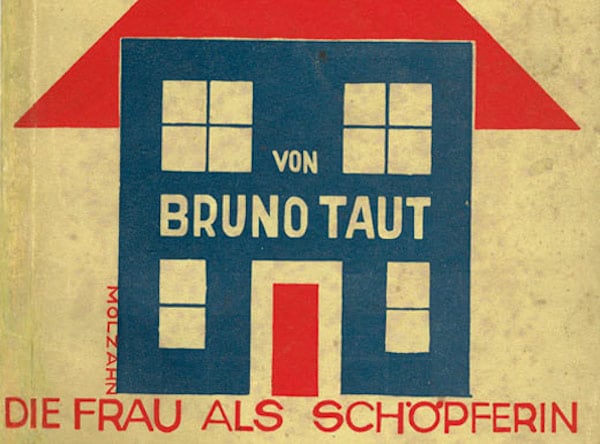
Photo via: Fundación Juan March
The Museo Reina Sofía has accepted the loan of the art collection of entrepreneur José María Lafuente, which will be displayed in an existing building in Lafuente’s native city of Santander, in northern Spain.
Lafuente has an important collection of 20th century art from Europe, the U.S., and Latin America, amassed over the span of 12 years. The bulk of the collection is formed by 3,000 artworks and 120,000 documents, which includes etchings, photographs, artists’ books, publications, and documentation related to key avant-garde movements such as Futurism, Constructivism, Surrealism, Dadaism, Conceptual Art, and Land Art.
According to El País, what makes Lafuente’s collection unique, however, is its large Latin American section, which traces the hidden history of Modern art practices in the southern continent.
This will be the first time that Museo Reina Sofía opens a space outside its Madrid premises, since opening in 1986. Lafuente has loaned his collection to the museum for a period of 10 years, on the condition that none of its contents leave Santander, so the museum director, Manuel Borja-Villel has come up with this new model, which is “neither a pop-up, franchise, nor branch,” the museum’s press department explicitly told artnet News.
The chosen venue, the Banco de España building, will be reconditioned to display the works and documents to the public, although the museum has not yet announced an estimated date for the opening.
Santander is set to become a key destination within the Spanish art scene. In 2015, the Centro Botín—kickstarted by the late arts patron Emilio Botín (see: “$106 Million Art Center Rises in Spain”)—will open its doors to the public. Designed by the starchitect Renzo Piano in a stunning waterfront location (not far from where the Lafuente collection will be based), the Centro Botín could trigger a “Guggenheim effect” in Santander, which many locals hope for.